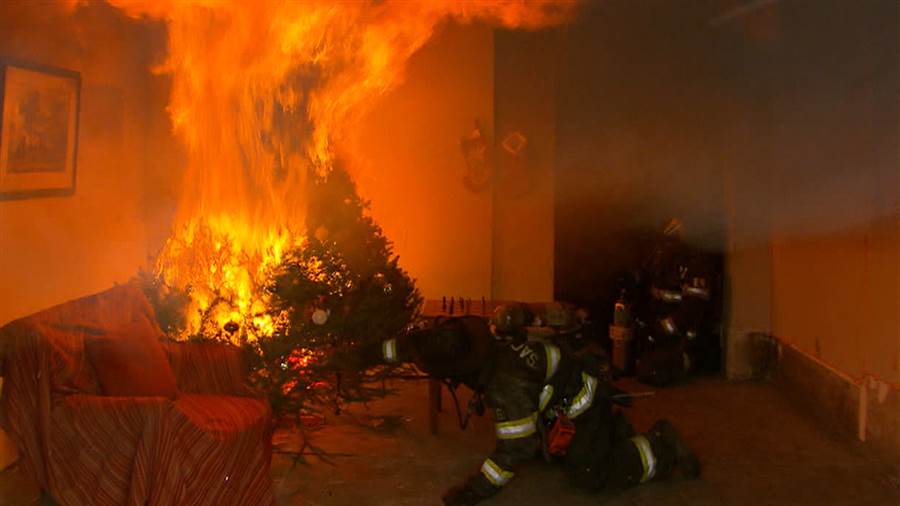With the holidays upon us, many of our homes will be decked out with decorations marking the season, including Christmas trees. While Christmas trees are a key part of the holiday season, they also must be handled responsibly, because if they aren’t, they can pose a fire risk.
Per KERO-TV, the National Safety Council (NSC) reports that there are over 400 residential Christmas tree fires in the US annually. Numbers from the National Fire Protection Association (NFPA) paint an even worse picture, with the NFPA reporting that there are around 500 Christmas tree fires nationwide each year. The NFPA data also reveals that Christmas tree fires are responsible for $20 million in damages, 117 injuries and over 20 deaths every year.
What Can Homeowners and Renters Do to Prevent Christmas Tree Fires?
The KERO-TV story featured a list of safety tips to help homeowners and renters avoid Christmas tree fires, including:
- If you have a live Christmas tree, keep it watered – When live Christmas trees are not watered enough, they die and become dry. The dryer a tree is the more of a fire risk it becomes.
- Do not put candles near Christmas trees – A candle flame could easily catch a Christmas tree on fire.
- Do not overload your electrical outlets – If you put too many lights on your tree, you can run the risk of overloading your outlets, which could lead to an electrical fire.
- Don’t put your tree next to heaters or fireplaces – Like candles, placing a Christmas tree and a heat source near one another can result in a fire.
In certain cases, Christmas tree fires can happen because of a product defect, such as Christmas lights with electrical problems. When this happens, victims may be able to hold the manufacturer accountable through a product liability claim.
The information provided by Walton Telken, LLC in this Blog is not intended to be legal advice, but merely provides general information related to common legal issues. This Blog, and the information contained within it, is Attorney Advertisement. The choice of a lawyer is an important decision and should not be based solely upon advertisements. Past results afford no guarantee of future results. Every case is different and must be judged on its own merits.












